Phones set for pressure-sensitive quantum keys
A Samsung components manufacturer has licensed Quantum Tunnelling Composite (QTC) for use in phones.


Sign up today and you will receive a free copy of our Future Focus 2025 report - the leading guidance on AI, cybersecurity and other IT challenges as per 700+ senior executives
You are now subscribed
Your newsletter sign-up was successful
Smartphones and other devices could soon become pressure sensitive, as a Samsung components arm has licensed quantum-based technology from a Yorkshire firm.
Samsung Electro-mechanics has licensed the Quantum Tunnelling Composite (QTC) technology from Yorkshire-based Peratech, in order to create more sensitive devices. QTC uses spiked bits of nanoparticles in polymer to create the effect.
Peratech's switches will go into navigation keys - called Navikeys - on mobile phones, offering continuous instead of the standard on/off input in standard switches. That means the switch will know how much pressure is being used at any given time.
"This adds a whole new dimension to the input device and this proportional input opens up a raft of new ways to interact with the phone," Peratech explained. "For example, the speed of scrolling through a list or the speed of movement in a game can vary depending on how hard the switch is pressed, making interaction faster and more intuitive."
Peratech joint chief executive Philip Taysom said we can expect to see phones with such tech soon. "Samsung EM supplies components to most of the leading phone manufacturers so our technology will soon be used across a wide range of next generation phone models," he said in a statement. "In fact, a Navikey using QTC from Samsung EM is already being used into a Tier 1 mobile phone."
However, a spokesman for Peratech told IT PRO that the firm wasn't allowed to disclose which phone that was. "It's on the streets but we're not allowed to tell you," he said.
The Peratech site does have an "anonymised" image of the phone in question.
Sign up today and you will receive a free copy of our Future Focus 2025 report - the leading guidance on AI, cybersecurity and other IT challenges as per 700+ senior executives
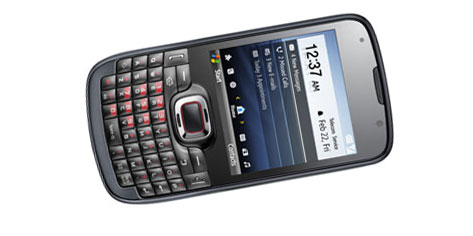
Freelance journalist Nicole Kobie first started writing for ITPro in 2007, with bylines in New Scientist, Wired, PC Pro and many more.
Nicole the author of a book about the history of technology, The Long History of the Future.
-
 ITPro Best of Show NAB 2026 awards now open for entries
ITPro Best of Show NAB 2026 awards now open for entriesThe awards are a fantastic opportunity for companies to stand out at one of the industry's most attended shows
-
 Mistral CEO Arthur Mensch thinks 50% of SaaS solutions could be supplanted by AI
Mistral CEO Arthur Mensch thinks 50% of SaaS solutions could be supplanted by AINews Mensch’s comments come amidst rising concerns about the impact of AI on traditional software
-
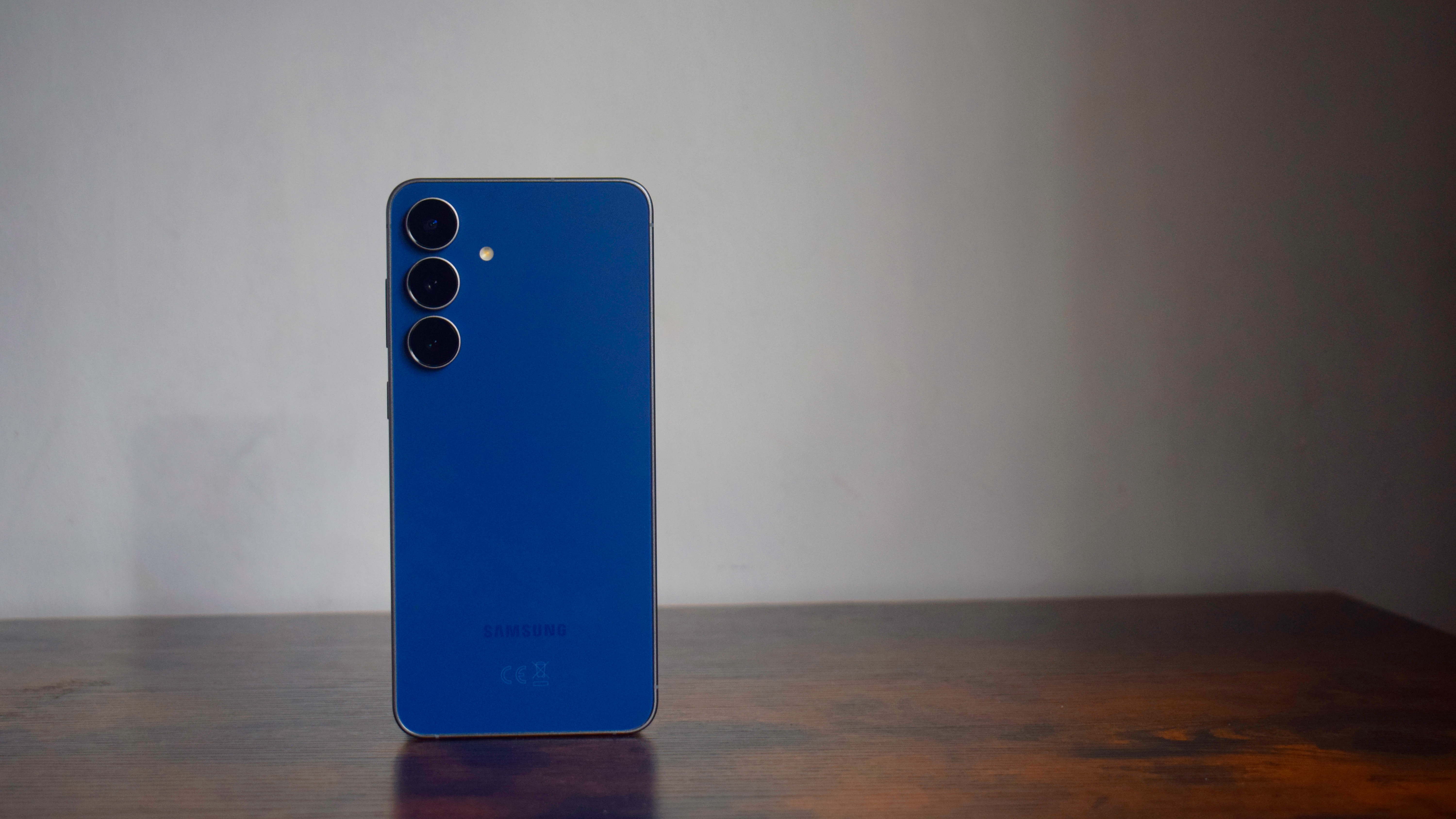 The Samsung Galaxy S25 FE is a superb budget smartphone with premium features – though I found its predictive text frustrating
The Samsung Galaxy S25 FE is a superb budget smartphone with premium features – though I found its predictive text frustratingReviews A big bright display, all-day battery, and some super premium cameras make this a superb handset for office bods
-
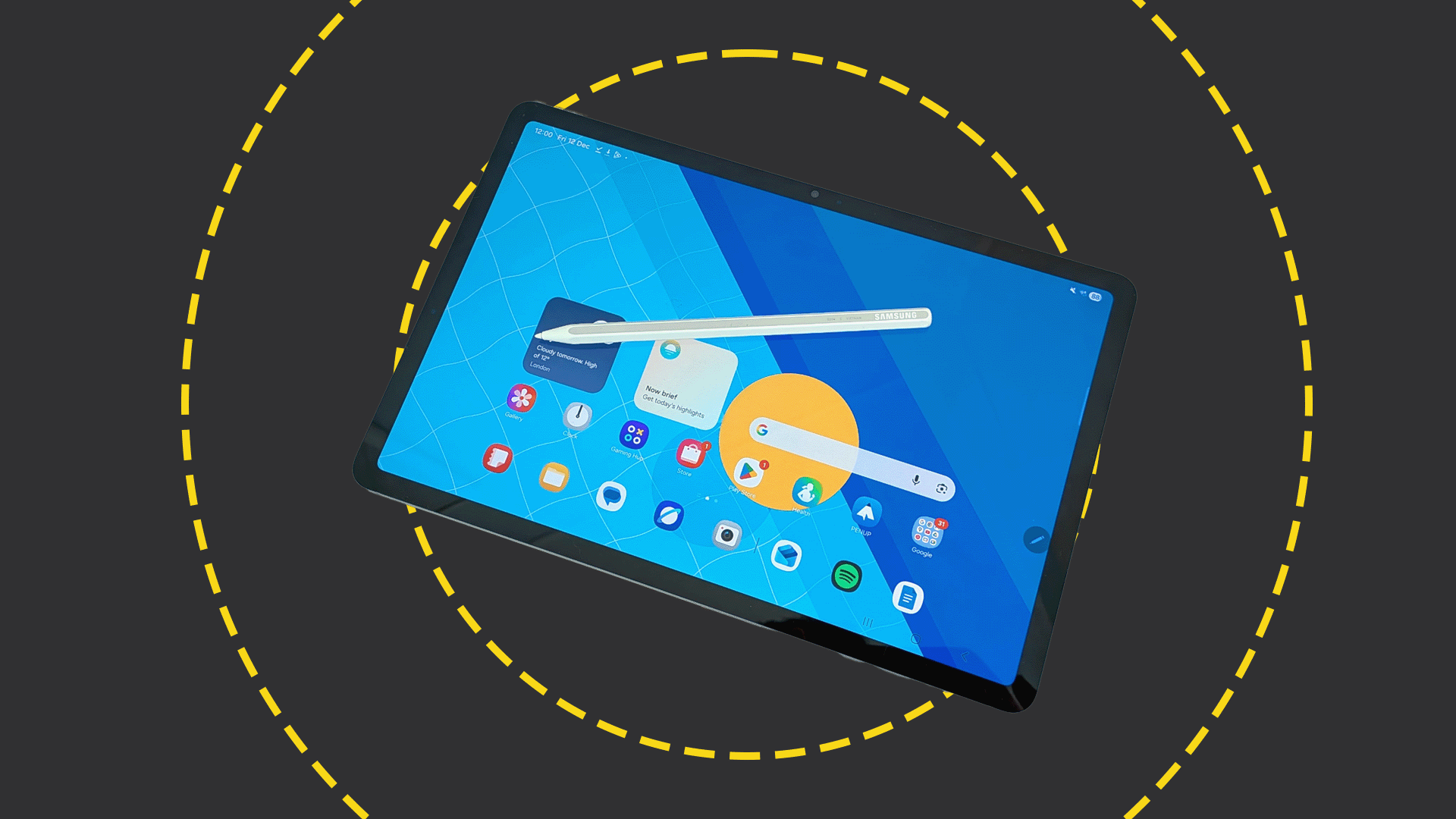 The excellent Samsung Galaxy Tab S11 is slightly overpriced
The excellent Samsung Galaxy Tab S11 is slightly overpricedReviews A brilliant lightweight tablet with a superb screen, but the competition makes it look expensive
-
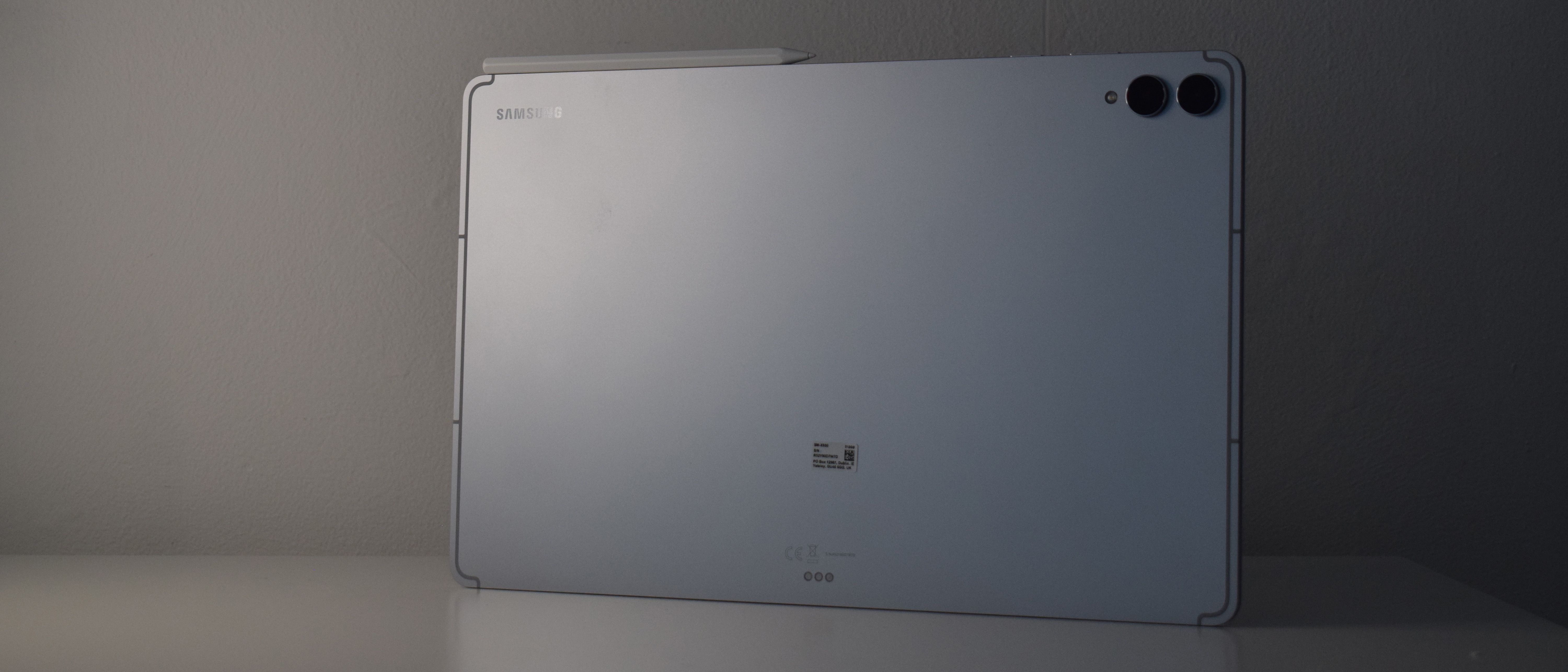 The Samsung Galaxy Tab S11 Ultra has more power, more AI, and much more battery life than its predecessor
The Samsung Galaxy Tab S11 Ultra has more power, more AI, and much more battery life than its predecessorReviews A wonderful slab of technology, packed with AI features, and the battery life is fantastic – very much a tablet worthy of the name, 'Ultra'
-
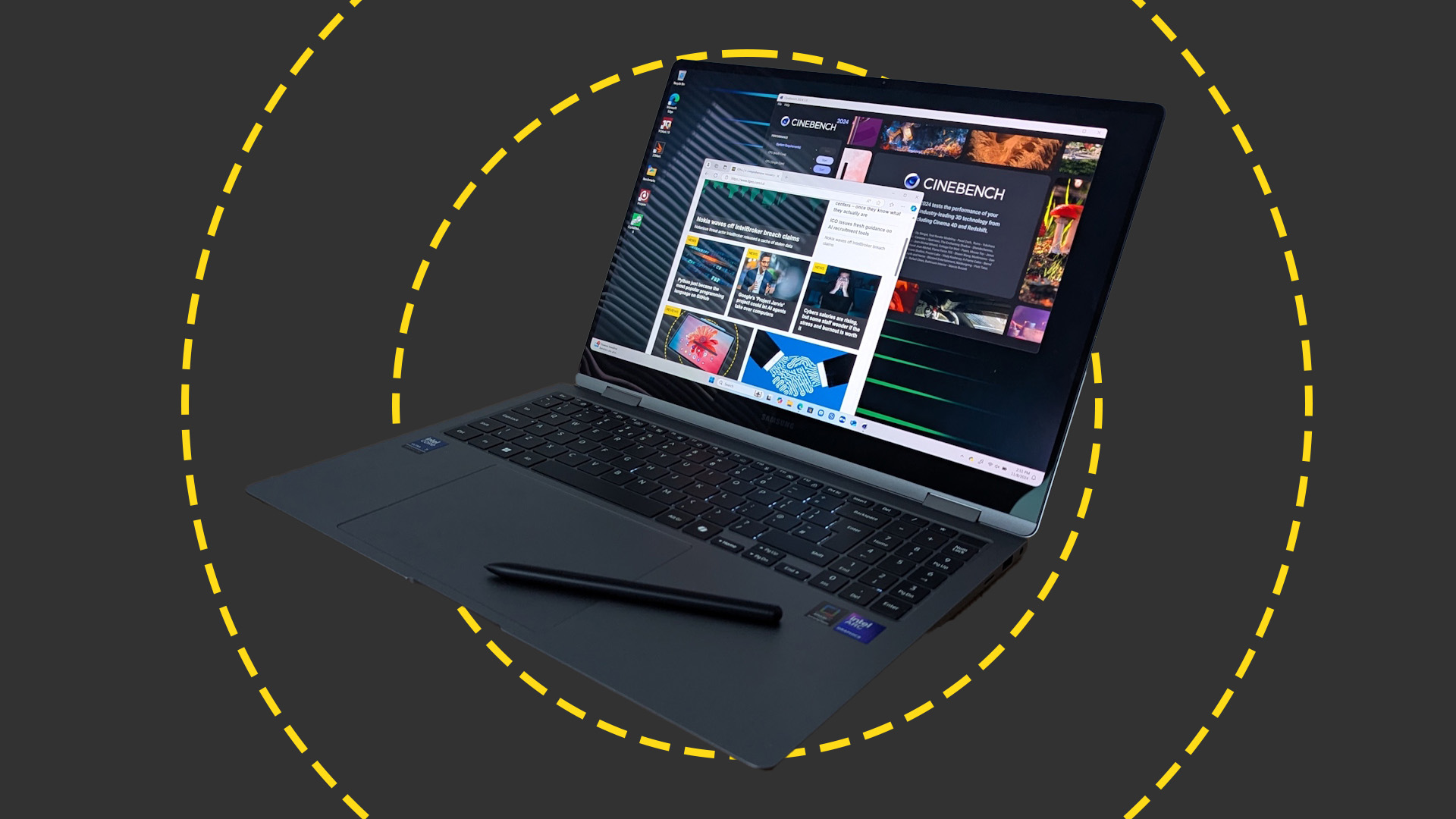 Samsung Galaxy Book 5 Pro 360 review: Almost the perfect big-screen laptop
Samsung Galaxy Book 5 Pro 360 review: Almost the perfect big-screen laptopReviews The Book 5 Pro 360 is a laptop you slowly get accustomed to, rather than one that feels right from the word go.
-
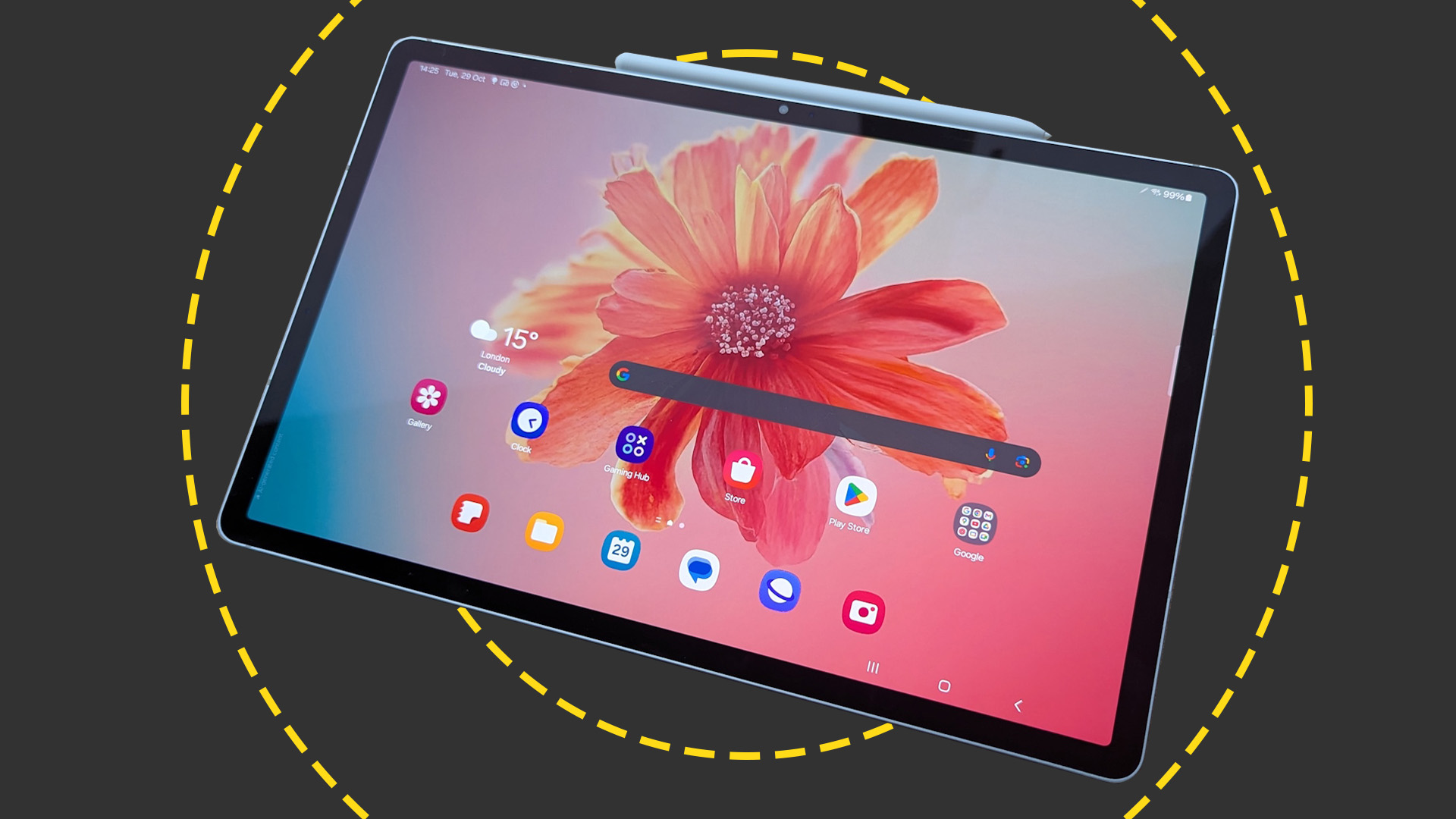 Samsung Galaxy Tab S10+ review: Possibly the best Android tablet for business
Samsung Galaxy Tab S10+ review: Possibly the best Android tablet for businessReviews With good performance, AI features and an exceptional screen, the Tab S10+ is the best Android tablet out there, if not quite the best tablet overall
-
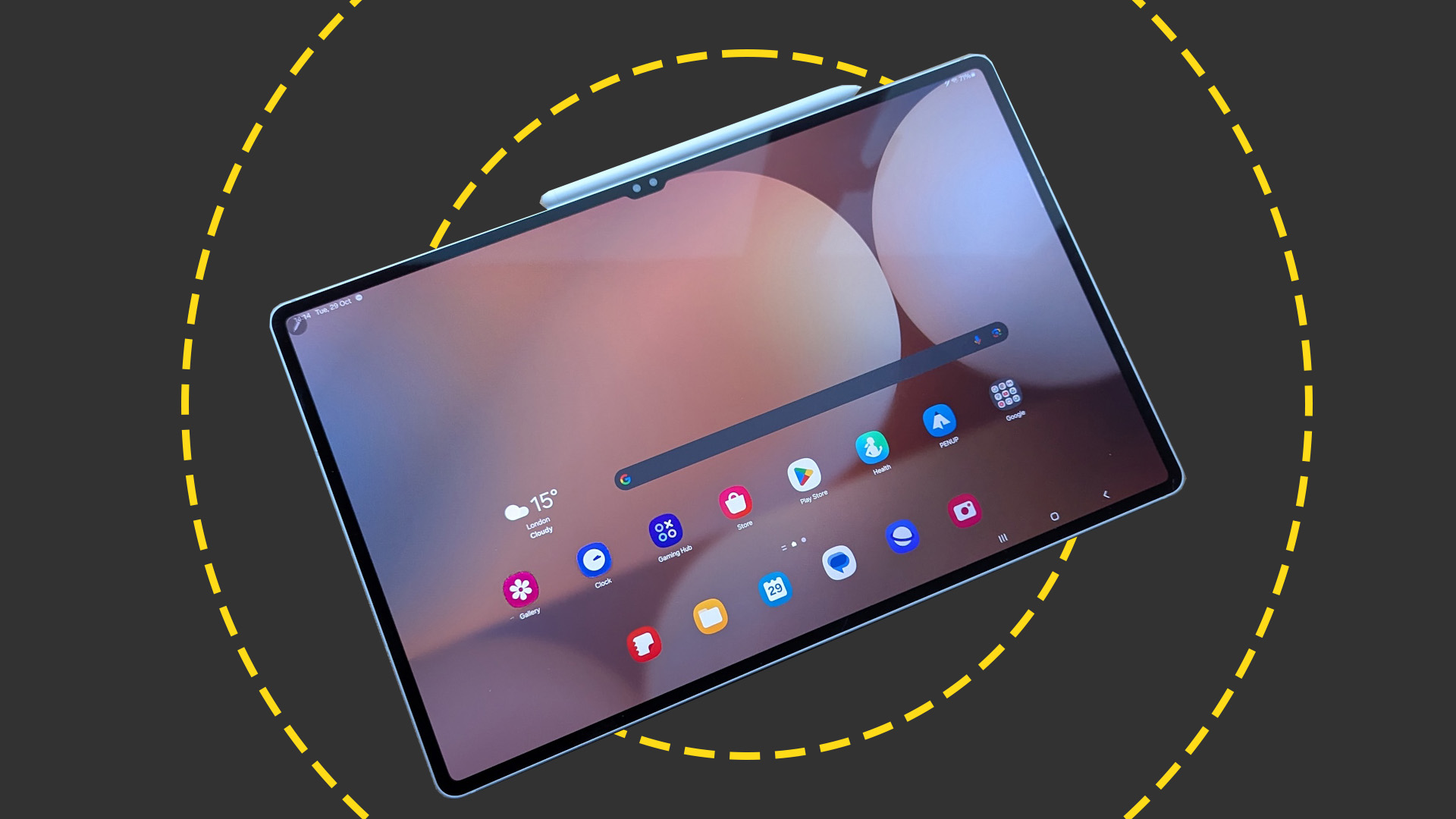 Samsung Galaxy Tab S10 Ultra review: Samsung's big-screen tablet is an AI-powered multitasking monster
Samsung Galaxy Tab S10 Ultra review: Samsung's big-screen tablet is an AI-powered multitasking monsterReviews The sheer size won't be for everyone, but the Tab S10 Ultra has the screen, performance, and multitasking prowess for serious work
-
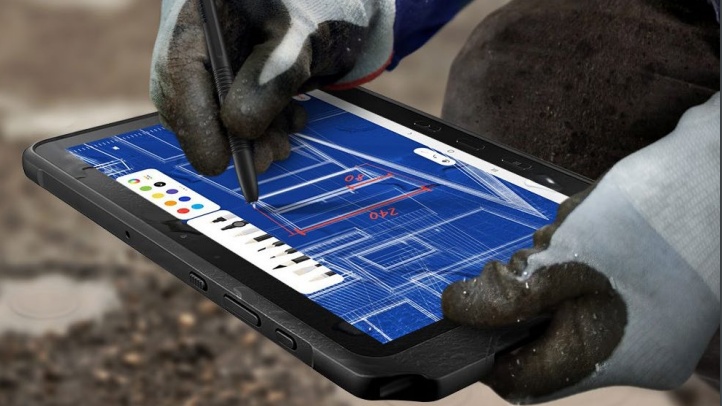 Rugged goes mainstream
Rugged goes mainstreamwhitepaper Why every business needs rugged devices to get the job done
-
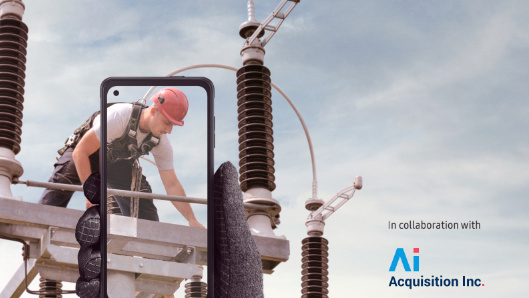 Why tougher doesn’t need to mean harder
Why tougher doesn’t need to mean harderwhitepaper Bridging the rugged and consumer device divide
